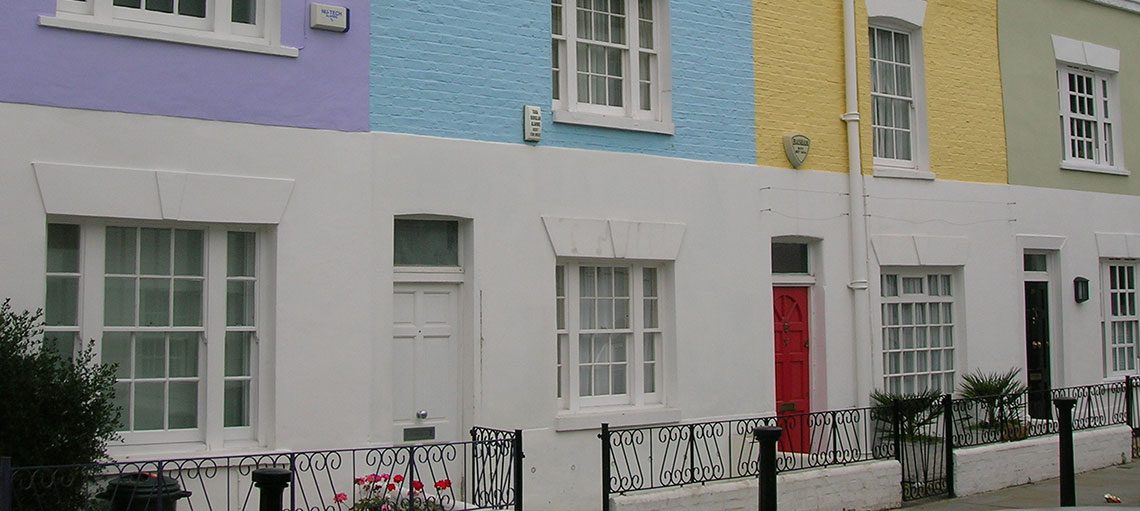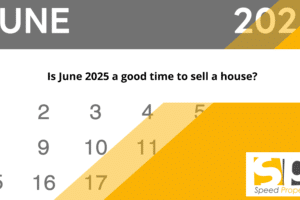Top 10 Questions You Must Ask When Buying A Flat
Ask these 10 questions before committing to buying a flat because without clear answers you are taking a leap into the unknown.
- How Long Is The Lease?
- Ground Rent
- Maintenance
- Is There A Lift?
- Flat Roof
- Managing Agent
- Freeholder
- Pets
- Reserve Fund/Sinking Fund
- Sound Proofing
Most leases are for an initial period of 99 or 125 years and occasionally, 999 years. The longer the better! Anything below or even approaching 75 years is a problem.
It will create issues with lending and even if you are not looking for mortgage yourself, remember when you come to sell in say ten years, the lease will be so short, the price will be badly affected.
So do your homework. Eighty years plus is the minimum I would ever accept.
This is money for nothing. You simply pay this for the freeholder, the owner of the land on which your flat sits [every year] and you don’t see anything in return for it.
Commonly you expect something around £50, but it can be peppercorn [literally a peppercorn although I don’t know of any freeholders who actually collect] but ground rent can be set at any figure the freeholder wishes although they are fixed by the terms of the lease.
Anything over £200 may have an adverse effect on price. So beware.
The amount of maintenance will vary from property to property depending on other factors [see 4, 5, and 9]. You have two things to worry about here. Expensive isn’t good for obvious reasons, but then again neither is cheap.
You don’t want the block to be so impoverished that no maintenance work is ever carried out. So you want it to be a blend where it is as high as possible without being unrealistic.
Typically a two-bedroom apartment with a lift but without water, hot water/heating etc included would be somewhere around £1500 per year. Much more – or less – than this and you need to ask why.
A lift of course can be very useful if you live on the 18th floor, but if you are buying a flat on the ground or first floor, you may never use it but you will actually still have to pay for its repairs, servicing and insurance.
A lift, particularly an old one will add hundreds of pounds a year to your maintenance. So decide if you’re going to get the benefit of it before you agree to a purchase.
In a leasehold property everyone clubs together to pay for all repairs. It isn’t just the person on the top floor who pays for the roof. Flat roofs have a life span of around 15 years and will often leak before that, causing damage that may not be covered by insurance.
If the flat you are looking at has a flat roof, find out when it was last renewed and expect a complete renewal to be required within around 15 years of that date.
Find out who the managing agent is and Google them. If you see lots of negative reviews or even press articles, you may want to think again. Generally managing agents carry out a difficult job for a modest fee, but there are of course those who do not act with integrity.
You will need a good relationship with your managing agent if you’re going to be happy in the flat. So do your homework.
As with 6, check who the freeholder is and Google them. If they don’t sound like somebody you can work with, steer clear.
Pets are occasionally allowed in flats with freeholder’s specific written permission. If you have a pet, you need to get this permission before you buy and be aware that it is normally revocable if your pet causes a nuisance.
If you do not have a pet, you still need to check the situation as you will not want to move into a block where pets are freely allowed – you may be troubled with dogs barking at all hours.
This is to you as buyer, free money. Over the course of years residents put aside a certain amount of their maintenance into a reserve funds to cover any future large expenses such as renewal of lifts, flat roof, outside painting and so on. This money stays within the block fund even when the property sells.
In other words, the seller can’t take it with them. The reserve fund should be substantial enough to cover expenses. So for example if a flat roof costs £15,000 and it’s just been renewed, a good agent will be setting aside £1,000 a year so that in 15 years’ time when it needs to be replaced, there is sufficient money to do so.
This is a tricky one. A more modern block will usually be sound proofed up to relatively good standard as dictated by building regulations. Older blocks vary. There is no sure fire way of knowing how good sound proofing is unless you visit at different times of day and spend a bit of time in the flat quietly to see if you can hear anything.
Beware sellers who have a loud television or radio playing when you visit. This may be to cover up the noise from upstairs!
These ten points should stand you in good stead before you decide to make your purchase and your solicitor will double check that everything you found out is correct.








